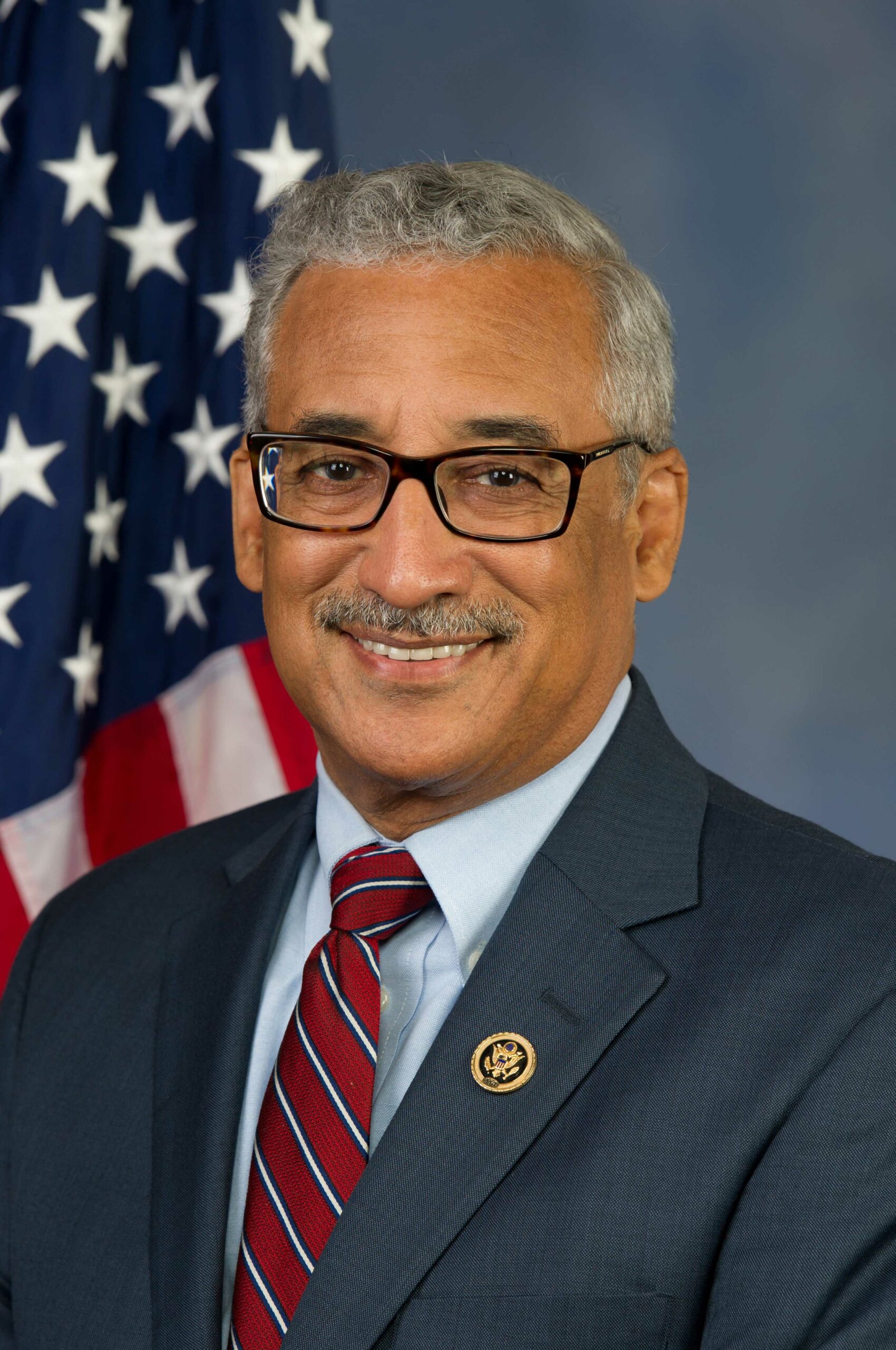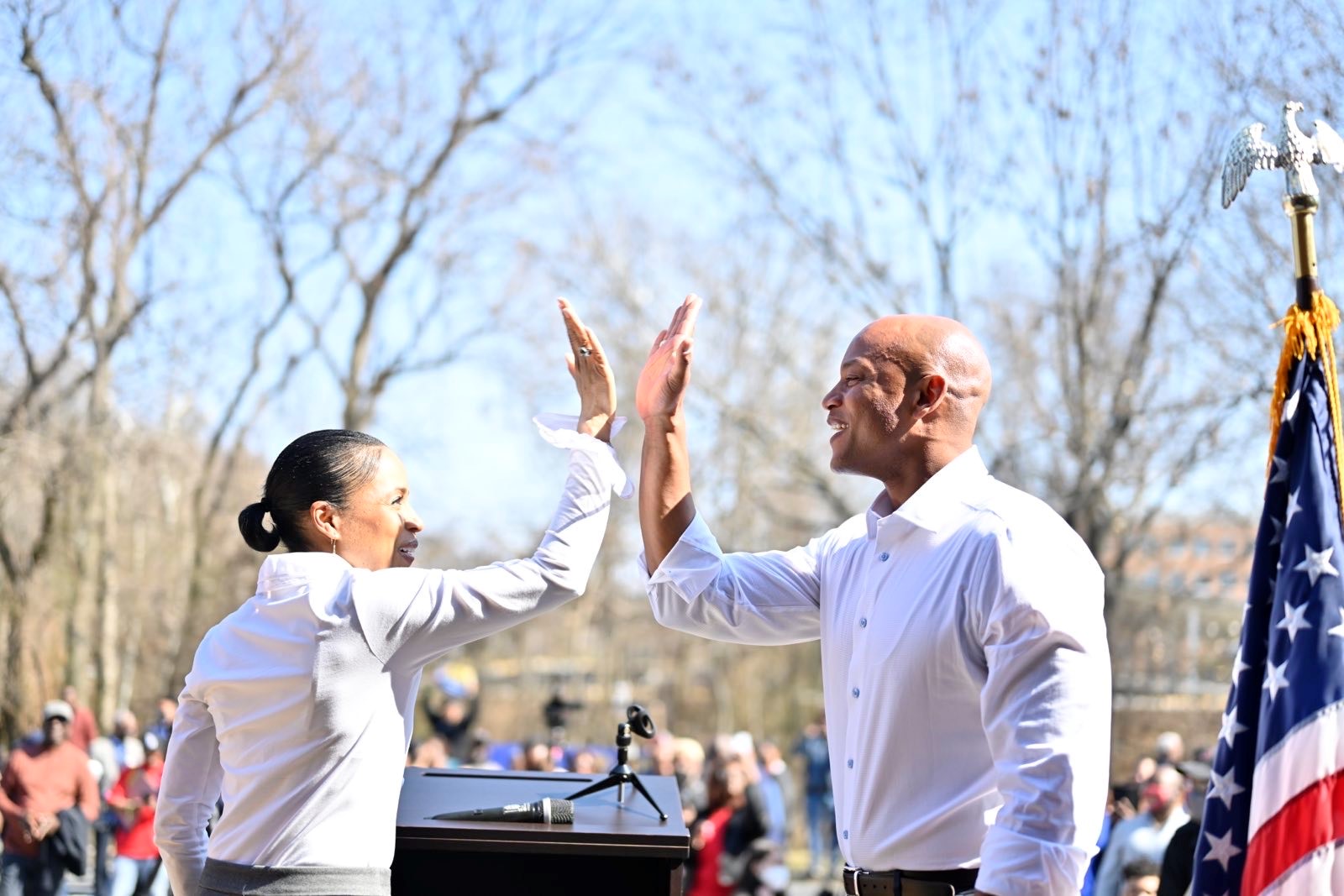U.S. House Panel Advances Sweeping Effort to Reduce Higher Ed Costs

A U.S. House committee passed legislation on Thursday that supporters hailed as a “down payment” on a long-sought liberal goal: free college education for all.
The sweeping measure from Rep. Bobby Scott (D-Va.), chairman of the House Education and Labor Committee, aims to help more Americans of all backgrounds obtain high-quality college degrees by increasing affordability, accountability and accessibility in higher education.
It would fund states that waive tuition at community colleges and invest in their public colleges and universities, which proponents say would lower costs for students and families. It would also increase federal education grants, crack down on “predatory” for-profit colleges and strengthen supports for low-income students and students of color, among other things.
The bill — an update of the Higher Education Act (HEA) of 1965, which hasn’t been reauthorized in more than a decade — cleared the House Education and Labor Committee on party lines Thursday morning. The committee’s 28 Democrats all voted in its favor and the committee’s 22 Republicans all voted in opposition.
Rep. David J. Trone (D), the lone Marylander on the panel, was a co-sponsor of the measure, which incorporated several bills he has sponsored.
“I heard directly from students, parents, and educators in my district that the higher education system costs too much and wasn’t putting students first,” Trone said in a statement. “This monumental piece of legislation combats these issues so students can focus on getting an education and a good paying job.”
[Disclosure: The David and June Trone Family Foundation is a donor to Maryland Matters.]
Proponents called the legislation an important step toward universal access to an affordable college education, a goal articulated more than a half century ago when President Lyndon Johnson first signed the HEA into law in 1965.
At the time, Johnson said the law meant that “a high school senior anywhere in this great land of ours can apply to any college or any university in any of the 50 states and not be turned away because his family is poor.”
But that promise remains out of reach for many Americans, committee Democrats said during the markup, which stretched over three days this week and involved debate over dozens of amendments on issues ranging from campus child care to student health care to equity in higher education.
Republicans, meanwhile, strongly objected to the measure, which carries an estimated price tag of $400 billion over 10 years.
The “partisan” legislation “throws billions and billions of dollars at a failing system,” said Rep. Virginia Foxx of North Carolina, the committee’s highest-ranking Republican.
Skyrocketing costs
The value of a bachelor’s degree is coming under heightened scrutiny, but experts say it is still a good investment for most people, with a high average rate of return. Scott made that point during the markup, calling a high-quality college degree “the surest path to financial security and a rewarding career.”
Yet the cost of the path to a college diploma is climbing, leaving millions of Americans in debt.
Over the last decade, the average annual cost of tuition and fees rose by $930 (in 2018 dollars) at public two-year colleges, $2,670 at public four-year institutions and $7,390 at private nonprofit four-year colleges and universities, according to a 2018 College Board report.
Higher sticker prices are due in part to state funding cuts to higher education over the last decade, according to a recent report by the Center on Budget and Policy Priorities in Washington, D.C.
Overall, and after adjusting for inflation, state funding for public colleges was $6.6 billion less in 2018 than it was in 2008, before the Great Recession, the report finds. These cuts deter enrollment among low-income students and students of color, undermining efforts to advance equity in higher education, according to the center.
Despite higher tuition costs, participation in the nation’s higher education system is on the rise. Over the last two decades, the percent of U.S. adults with an associate’s degree or higher has risen from 31 percent to 45 percent, according to the American Council on Education.
Scott’s bill — the College Affordability Act — now awaits action by the full House chamber, which is consumed by an impeachment inquiry of President Trump and pressing legislative matters, including funding the government. It also faces an uncertain future in the GOP-controlled Senate, where lawmakers are working on higher education bills of their own.
At the outset of the markup, Pennsylvania Republican Rep. Glenn Thompson predicated that the bill wouldn’t see “the light of day” in the Senate.



 Creative Commons Attribution
Creative Commons Attribution